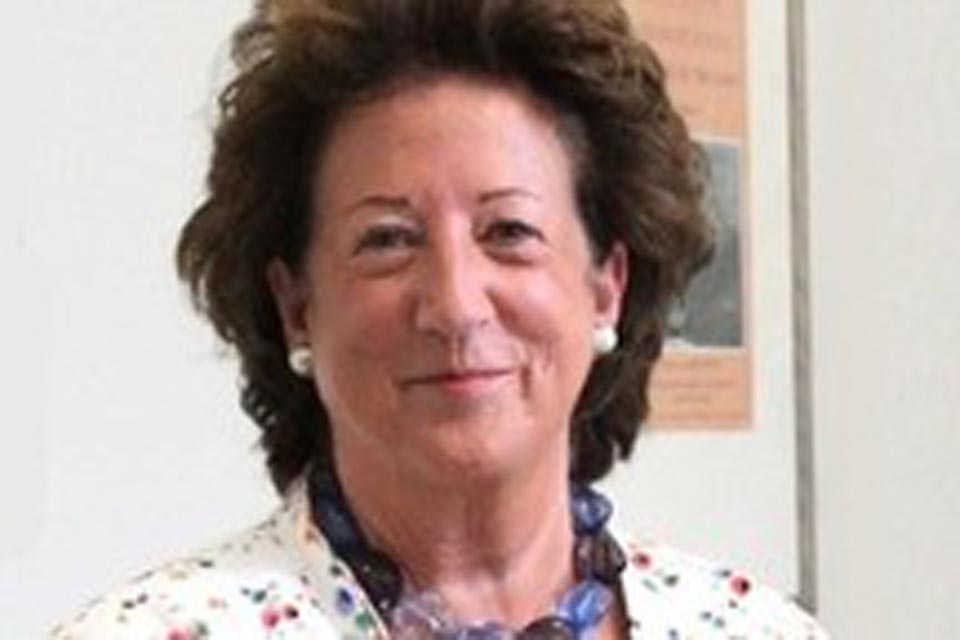Statement by Baroness Anelay welcoming conclusions of UN Human Rights Council
The UN Human Rights Council concluded its 31st Session today with important resolutions on Syria, South Sudan, Burma, DPRK and Iran

The 31st session of the Human Rights Council opened with a call to States not to ignore the warning signs of instability. I welcome the important progress made at this session and that Council members assumed our responsibilities to hold to account those responsible for the most egregious violations and abuses, and to support reform processes in many other countries.
As Syria’s bloody conflict enters its sixth year, the cessation of hostilities and resumption of peace talks in Geneva offers some hope to the Syrian people. The terrible suffering of the Syrian people must end. The UK welcomes the renewal of the Commission of Inquiry’s mandate and supports its call for impunity to be tackled so that accountability forms a central part of the political settlement of the conflict in Syria.
The OHCHR report into the unspeakable atrocities being perpetrated in South Sudan has left many of us shocked. The warring parties signed a peace agreement in August, but since then there has been little improvement in human rights. A transitional government of national unity simply must be formed for the reconciliation process to begin and to prevent further spirals of violence. I welcome that this Council has now agreed a resolution which allows for a three person commission to regularly monitor and report on the situation, in support of those bringing perpetrators of human rights violations and abuses to account. Once again, the Council has sent a clear message to the Democratic People’s Republic of Korea about the international community’s concern at its systematic violation of human rights. I welcome the renewal of the mandate of the Special Rapporteur, as well as the introduction of new measures focused on accountability for human rights violators. I call on the DPRK authorities to see the merits in allowing access for the UN; and hope that the international community maintains its focus on accountability and raising awareness of the dire human rights situation in the DPRK.
Today, the Council renewed the mandate of the Special Rapporteur on Iran. Iran has taken great strides in re-engaging with the international community and I would encourage Iran to take the next step and allow the Rapporteur immediate access to the country.
I thank the Special Rapporteur on Burma, for highlighting the remarkable changes that are transforming that country. I hope that quick progress can be made to deal with the problems of Rakhine State and alleviate the acute suffering of the Rohingya community; build a sustainable peace to bring an end to conflict-related abuses and violations; and strengthen civil and political rights. The UK looks forward to supporting the new Government of Burma as it sets about tackling these challenges, transforming the country’s relationship with the Council, the UN and the international community in the process.
I remain concerned by the extent of human rights violations and abuses reported by the Office of the High Commissioner for Human Rights in Libya. This underlines the need for the Government of National Accord (GNA) to start work in Tripoli, as soon as the security situation allows, to restore peace and respect for human rights in Libya. I condemn abuses by all armed groups, regardless of affiliation, including acts of terrorism and brutality committed by Daesh. The UK fully supports the High Commissioner’s call for accountability. We call on all parties to back the GNA and commit to a cessation of hostilities, and allow humanitarian access where it is needed. I welcome the Council’s support to the resolution.
I welcome the adoption of a strong resolution on ‘Protecting human rights defenders addressing economic, social and cultural rights’, by an overwhelming majority vote. The resolution recognises the invaluable work of human rights defenders in ensuring the enjoyment of human rights for all, and calls upon states to guarantee their safety and security to enable them to continue their work without fear of persecution.
I am pleased the Council has again reached a consensus on the EU’s important resolution on freedom of religion or belief, as well as the Organisation of Islamic Cooperation’s text on combating religious intolerance. Ensuring states work together to protect the fundamental right to religious freedom for all matters. No individual should be discriminated against based on the grounds of their religion, belief or for holding no religion or belief. The rights of freedom of expression and freedom of religion or belief are complimentary, and we must be clear that neither should be seen as protecting any particular religion or belief system from criticism. Where all groups in society value difference and teach the importance of accepting others, whatever their religion or belief, it is much harder for extremism to take hold.
The Human Rights Council has once again demonstrated the important role it plays in upholding universal rights. Championing these rights matters to the UK and that is why we are standing for re-election to the Council for 2017-2019.